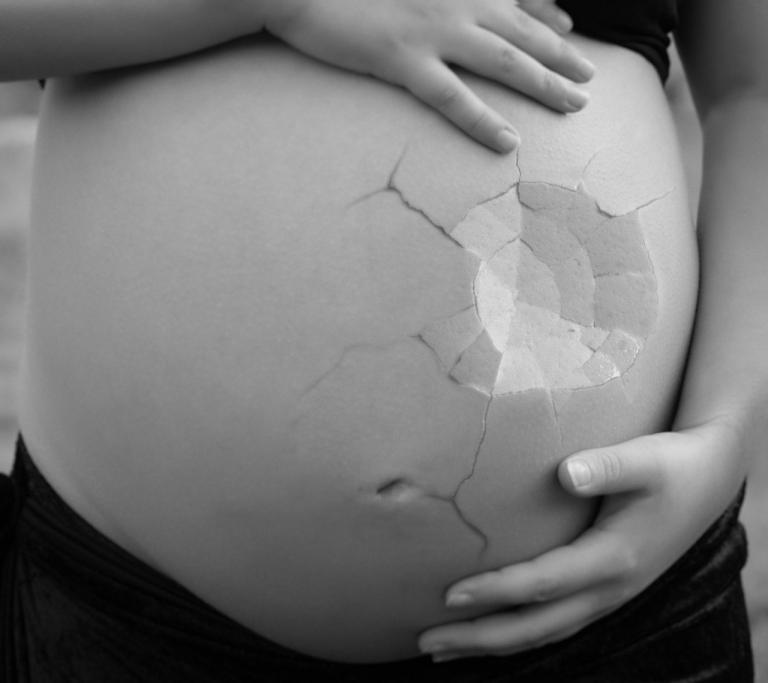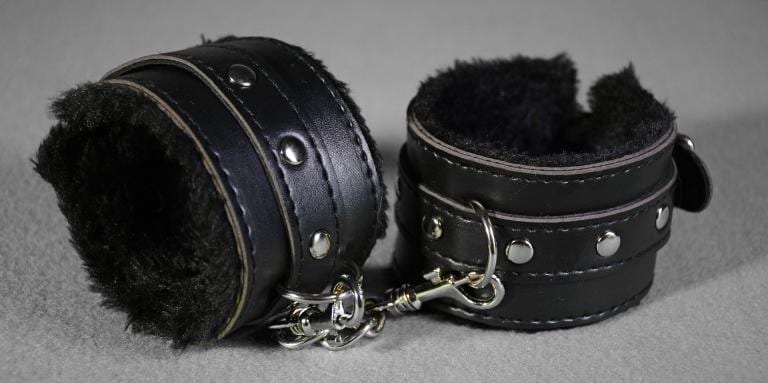So it’s NFP awareness week, and nothing will do a woman more good in the midst of a faith-crisis than blogging about NFP…right? <insert nervous, maniacal laughter here>
Anyway, I did end up reading one of the many NFP articles that are circulating this week. The upshot of this one is that the woman who is writing it hates NFP. It doesn’t improve her marriage, or increase intimacy in her relationship, and it’s not really preventing her from getting pregnant. Her body doesn’t have time to recover between pregnancies, and she’s experiencing pregnancy loss – possibly as a result. So far, so familiar. However, she is continuing with it because she believes in the unchanging teaching of the Catholic Church and so she is being obedient even though it is causing her suffering and she doesn’t understand why it’s a good thing.
Also, painfully familiar.
This was basically my attitude towards NFP for a long time. I thought of it as stretching me to be more generous, more open to life, more giving, less selfish. Sure, I kept getting pregnant when I couldn’t afford to be pregnant – but I also kept finding ways to make it work. Maybe my capacities were greater than I, or my husband, or my medical advisers, thought they were and the Church’s teaching was encouraging me to push past my merely human limitations, to trust God and through Him do infinitely more than I could personally imagine.
Basically I kept on telling myself that until it broke me. At which point I spent the better part of three years as a borderline basket-case, struggling to keep my family life and my marriage from completely collapsing while I wrestled with the spiritual, physical and emotional consequences of a traumatic miscarriage and with the realization that there was just no possible way that I could keep doing this to myself.
Several years later, there are still a lot of ways in which I’m trying to dig my way out of the hole that I fell into by trying to be faithful and obedient to a teaching that simply made no sense in my situation. NFP did not work for me. I knew that it wasn’t working, and I knew that it was very unlikely to suddenly start working. I could not avoid pregnancy or even space births with it, and my body simply became progressively more exhausted. Moreover, it did not produce the magical marriage-building benefits that are consistently touted in the literature. Yes, there were ways that it was good for my marriage, but they’re similar to the ways in which getting cancer, or losing your home and being forced to flee for your life might be good for your marriage. Suffering and conflict, if it doesn’t lead to divorce, really can make your marriage stronger. But it’s likely to be the kind of stronger where also you have deep wounds that will take you years, possibly decades, to heal.
And that’s the thing. There comes a point where you just don’t send a wounded soldier back out into the battlefield. Where you say “Alright. So maybe you’ll be able to walk again in a couple of years…or maybe never, but either way you have served your country faithfully and that’s sufficient. Here are your discharge papers, and your pension, and your medal for bravery.”
But there’s no point in Catholic teaching where that happens. No matter how broken you are, you just keep getting sent back out into the trenches because there is no wiggle room. Contraception is intrinsically evil, and it’s never okay to do an intrinsically evil thing in order to secure a good end. Killing people, that’s not intrinsically evil: there are cases where it’s justifiable in self-defense or in war. Stealing? Well, in cases where stealing is morally justifiable, say because you need to feed your family and you don’t have another means of getting bread, it’s not really stealing at all. Missing Mass? Obviously that’s alright if you have a serious reason, like you’re sick or you need to look after an infant. Giving a dying patient a dangerous amount of morphine? Well, so long as you don’t directly intend to kill them, only to manage their pain in a foreseeably fatal way, you can appeal to the law of double-effect. But using a condom? Never. Never. Never. Never. Never. Evil. Evil. Evil. No exceptions.
It’s this fundamental disproportion, more than anything, that bothers me. It sticks out like a sore thumb, at least in part because this is the one situation that the people defining the dogmas never have to contend with the consequences. A Priest, a Bishop or a Pope never has to figure out what to do when NFP is not working in his marriage. He never has to sit up nights beating his head against the problem of whether it is justifiable to risk a pregnancy that could leave his children orphan. He defines the rules, but he never has to pay the cost of actually trying to live them out. So it’s suspicious that this rule which the hierarchy never has to personally observe, is also the rule that can never under any circumstances be broken.
Now, the argument of course is that God asks this of us and how can we say no to God, who gave His life for us on the Cross? It’s a fine argument as it goes, but my problem with it is very simple. I prayed about this a lot, and God’s answer was never “You just have to do this. I know it looks like a terrible idea, but it’ll make sense later.” God would answer with things like “Humanae Vitae is for human life, not human life for Humanae Vitae.” In the interior sanctuary of my conscience, the teaching was not confirmed.
But I had been taught that in such cases, my conscience was wrong. Malformed. Distorted by the Spirit of the Age. Erroneous. Fallible. Unreliable. Whereas the teaching of the Church was infallible and perfect and I was supposed to obey because the Holy Spirit guided the Pope in a way that the Spirit did not guide me.
This was an error. A grave and serious one. I’ve since had priests tell me that it’s a distortion of the teaching on conscience – and while I’m inclined to believe that that’s true it frustrates me that the teaching on conscience is terribly difficult to pin down by reading the actual documents of the Church. In practice, the Magisterium seems to want to have its cake and eat it too: on the one hand, to affirm the dignity of the conscience and the capacity of God to speak into the heart of each individual. On the other hand, the Church wishes to somehow escape from the very real fact that sometimes people of good will genuinely, conscientiously, prayerfully and rationally discern that what the Church says is wrong.
More importantly, the prevailing culture within “orthodox” Catholicism says that your conscience is fundamentally untrustworthy unless it agrees 100% with the official teaching. This is severely problematic. It tells Catholics that it is proud and sinful to rely on our own reason, our own conscience, and our own experience of and relationship with God. And I can’t help but notice that this is exactly the same tactic which narcissistic and abusive people use to control their partners in domestic situations: you habitually and repeatedly tell your victims that their own perceptions, thoughts and experiences are fundamentally untrustworthy and that they are bound to make bad choices (with disastrous consequences) unless they do as they are told. By sowing self-doubt and fear, you gain control not only over the other person’s exterior behaviour but also over their interior narratives – the stories they tell themselves in order to explain why they are doing things that are manifestly and demonstrably harmful to their own well-being.
To me, it seems obvious that my present crisis is, to a significant degree, about the loss of trust occasioned by this kind of manipulative version of the Church’s teaching. I’m not yet at the point where I feel comfortable figuring out how much of the blame for that lies with the Church, how much with myself, and how much with zealous people who overstated the Church’s authority. At this point I’ve seen too many completely different and contradictory pieces of evidence and I’m frankly exhausted with trying to work it out.
What I do know is this: if you are being obedient just for the sake of being obedient, and your entire being is crying out against it, stop. Go to God. Enter into that most secret core and sanctuary, where you are alone with God whose voice echoes in your depths.(cf. CCC 1776) And then trust that the God who you encounter there will not give you a stone when you ask for bread, or lies when you seek to know and to do the good.
Image credit: pixabay
Stay in touch! Like Catholic Authenticity on Facebook:

















